Centers, Clinics and Labs
CARES Heading link
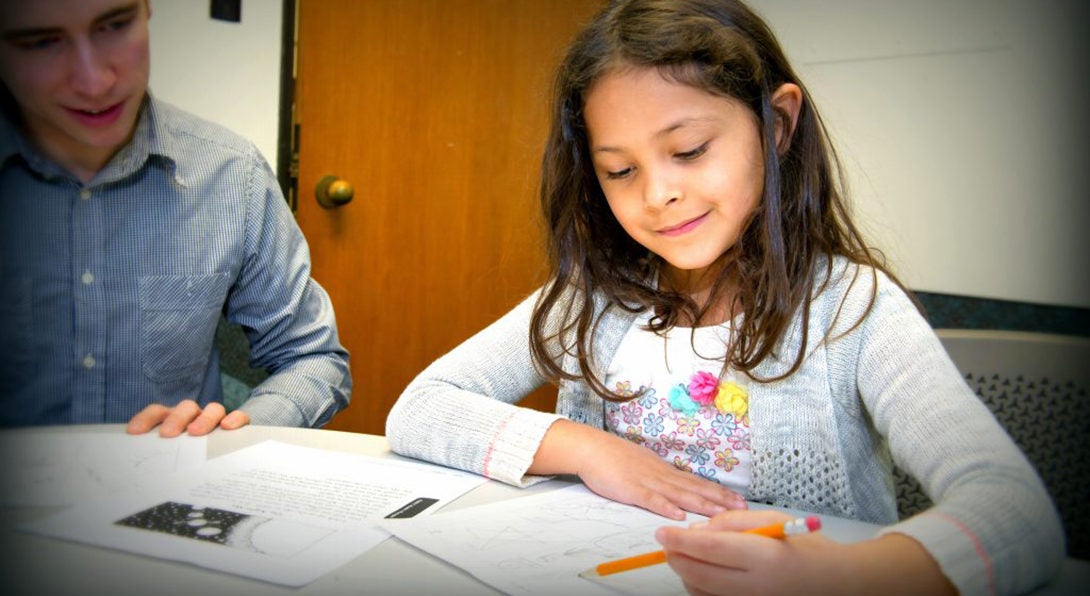
CARES (formerly the Educational Assessment Clinic) serves the Chicagoland community by conducting comprehensive educational evaluations for school age children (6 to 16 years) who are experiencing academic difficulties in school. Evaluations are individualized to the student’s particular learning needs and are completed by interns seeking their Masters or Certification in Special Education under the guidance of the clinic instructors and the director. These assessments include a comprehensive battery of formal tests, informal measures and both parent and teacher interviews. Observations in the classroom and the clinic assist in exploring the student’s academic profile. A formal report of the student’s educational strengths with recommendations is written for the parents at the conclusion of the semester.
Educational Technology Lab Heading link
The Educational Technology Lab offers computer lab space, video and audio equipment and technical assistance to students; a full suite of technical and printing needs for faculty and staff; and a community outreach program bringing Chicago area children to the Lab for experiences with technology, robotics, hydroponics, coding and more.
Center for Literacy Heading link
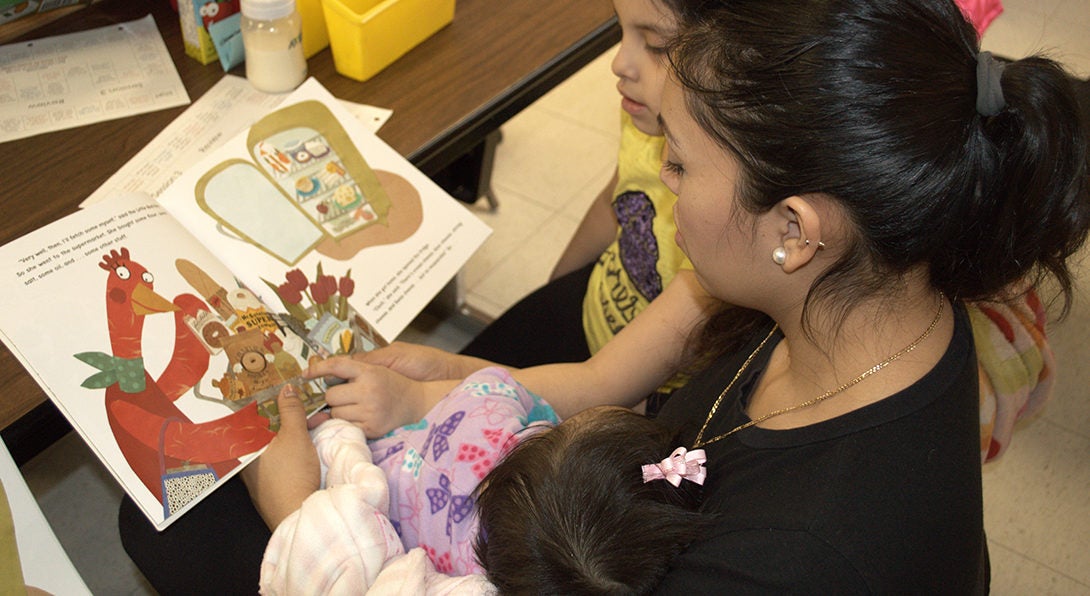
The UIC Center for Literacy is a public service and research center that works to improve literacy education, policy and research at the local, state and national levels. The Center provide leadership and technical assistance to Chicago area schools and community-based organizations for the purpose of enhancing the quality of literacy services. The Center works with public and private entities to formulate policies that support effective literacy programs, responding to issues in literacy education by serving as a public clearinghouse for literacy information; establishing partnerships with university departments and external agencies; contributing to enhanced graduate education for future leaders in literacy education; and creating innovative, research-based programs that serve as exemplary models for public practice. Its activities are especially focused on helping to reduce literacy as a barrier to full societal participation for all individuals.
The Make Good Lab Heading link
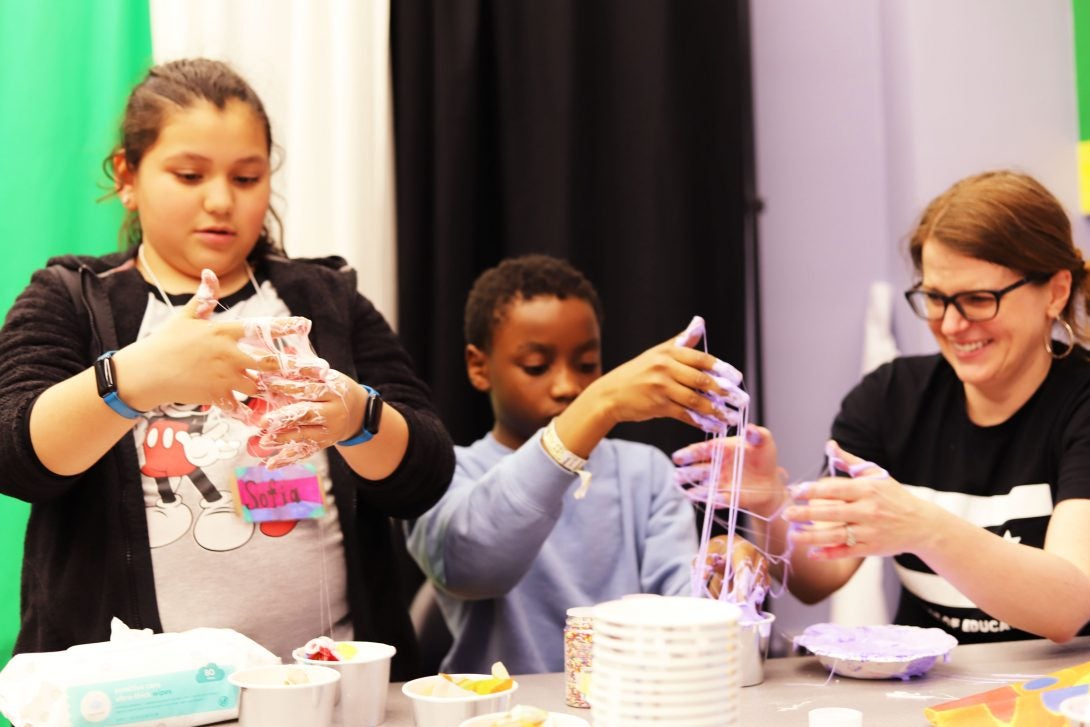
The Make Good Lab is on the 1st floor of the ETMSW building and is equipped with 3-D printers, laser cutter, sewing machine, crafting supplies, soundproof recording booth, performance space, and more.
UIC Reading Clinic Heading link
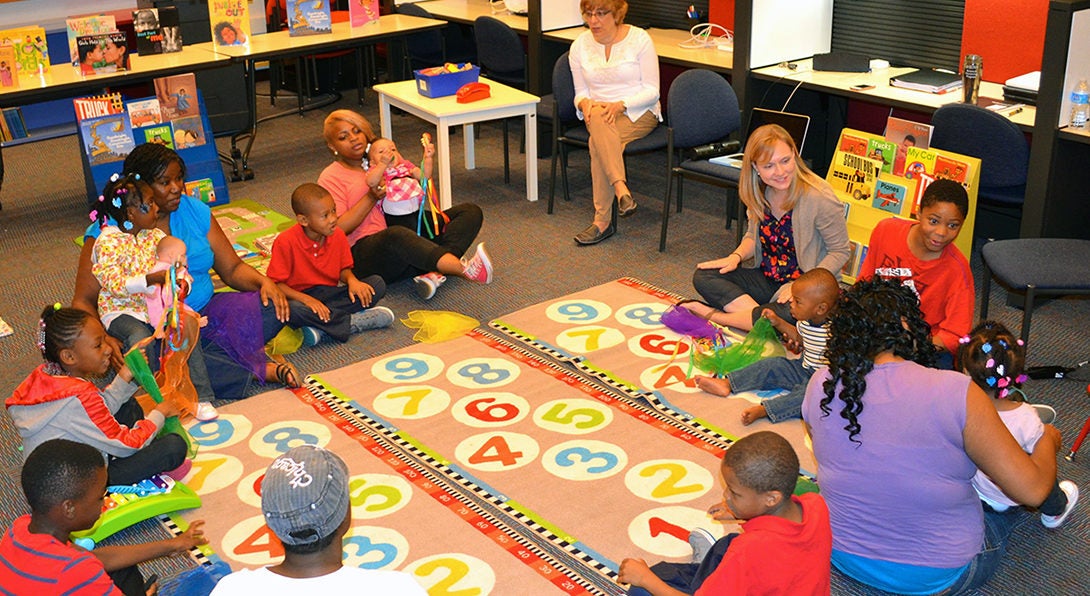
The UIC Reading Clinic provides tutoring support by graduate students to individuals living in Chicago and its surrounding suburbs who struggle with reading and writing. Preference is given to students who are between 11-17 years old. Under certain circumstances, adults are eligible to receive tutoring support at the Clinic.
The Clinic was founded on the principles of providing high quality training for reading professionals who would be able to address the unique needs of struggling readers and writers, as well as providing the opportunity to conduct research for developing effective practices for working with struggling readers and writers.
Since its inception the Reading Clinic has serviced more than 720 children and prepared more than 500 reading professionals, many of whom have served in leadership positions throughout the Chicagoland area. Other trained professionals have become school superintendents, district literacy leaders, and teacher educators at universities throughout the United States. Many of the professionals who received preparation at the UIC Research and Remedial Reading Clinic attribute their success to the intense one-to-one tutoring experience working with struggling readers and writers, particularly working with students from diverse backgrounds.
Please call the Clinic at 312-996-0709 to request an initial screening. The screening takes about an hour and the fee is $10.00.
MESA Laboratory Heading link
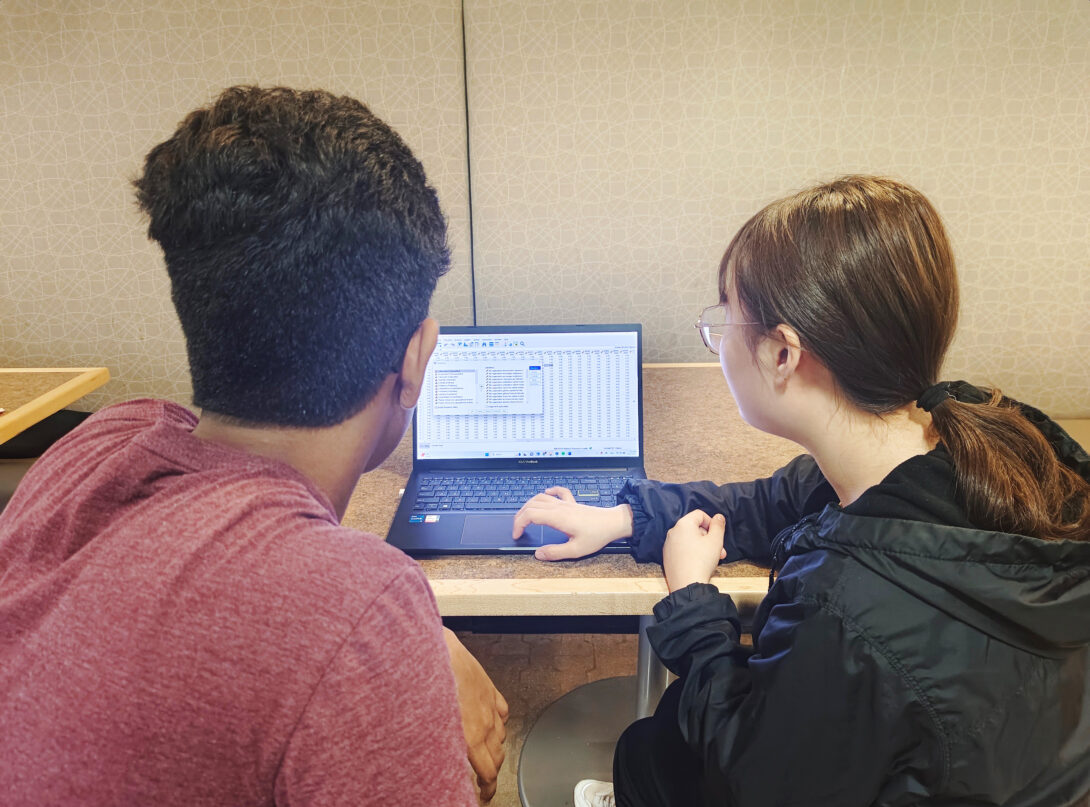
The MESA Lab is a complimentary service offered by the College of Education. We currently have graduate Research Assistants (RA) who have dedicated time to assist students and faculty in the College of Education. We provide MESA course support, statistical consulting, coding diagnosis, and help with research design.
To get Help: If you would like to schedule a consultation session or attend MESA lab office hours, please fill out this short survey and the MESA Lab RA will get in touch regarding next steps.
Collaborative for Equity and Justice in Education Heading link
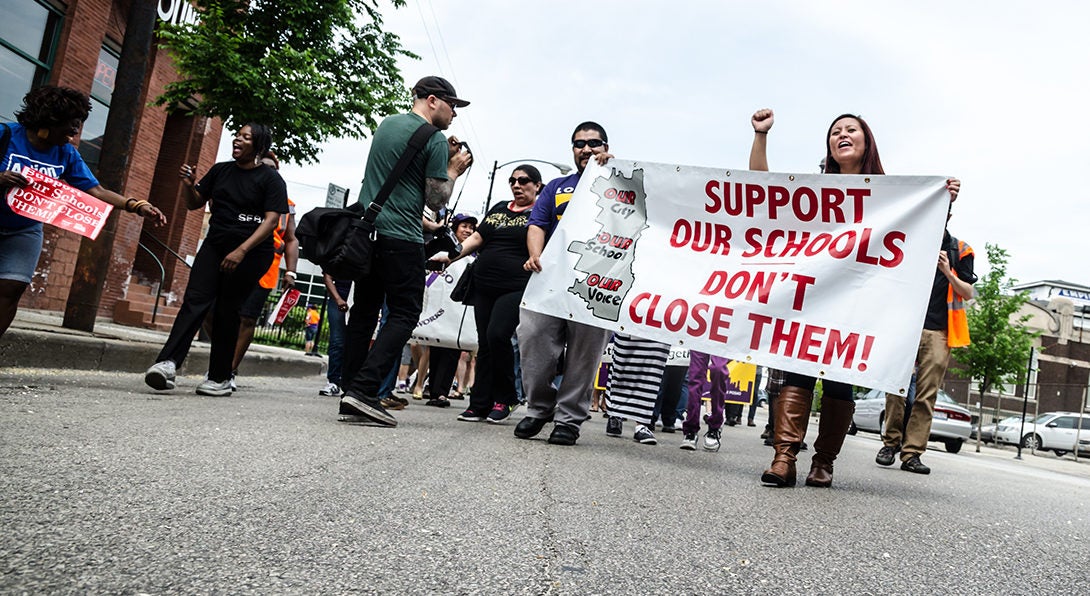
The Collaborative for Equity and Justice in Education is a collaborative of faculty members and graduate students and community advisors/partners. The Collaborative produces research that supports engagement and advocacy of school communities toward equity and justice in public schools. CEJE works in partnership with parents, students, teachers, and community organizations to conduct research and policy analysis, produce policy reports, and engage public discussions of education policy. Their work aims to strengthen public education and support public school teachers, democratic teacher unions, parents and students toward schools that provide all children with an equitable public education that is academically rigorous, rich in the arts and physical development, socially and emotionally supportive, grounded in students’ communities and cultures, and that prepares children and youth to participate critically in democratic public life.
Center for Urban Education Leadership Heading link
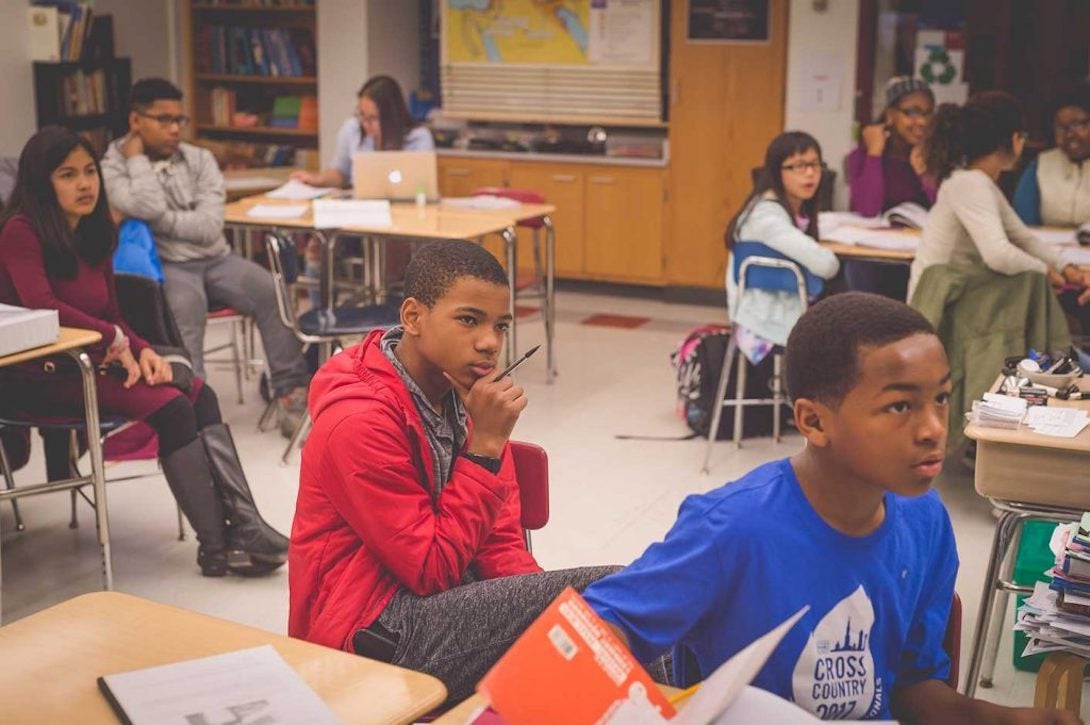
The Center for Urban Education Leadership (CUEL) engages in research, development, dissemination, and policy advocacy to disrupt the systemic inequality that affects the lives of PK-12 urban students and to improve the educational outcomes and life opportunities of PK-12 urban school students locally and throughout the world. It accomplishes these outcomes by applying center expertise in the areas of educational leadership, organizational development, equity/social justice, and continuous improvement/improvement science as center staff members collaborate with other researchers and practitioners locally, nationally, and internationally. The CUEL is housed in the College of Education .
Collaborative for Young Children and Families Heading link
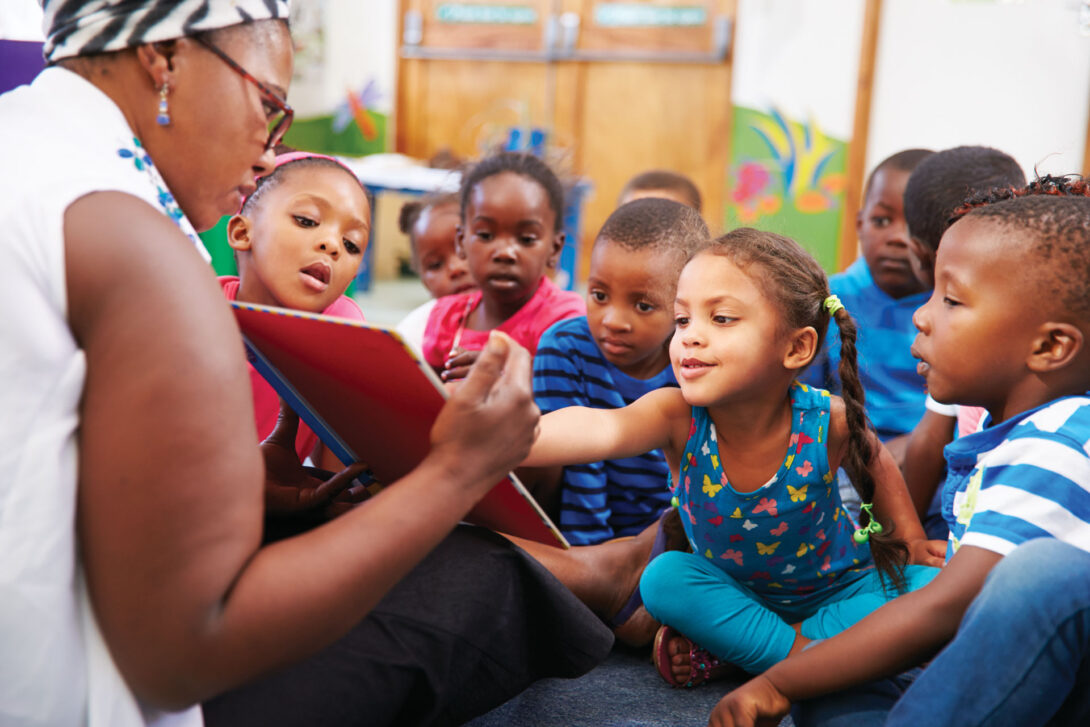
At UIC, Early Childhood Education (ECE) spans departments, colleges, and even the east-west campus structure, from medical initiatives around health and wellness as related to child development to collaborations between psychology and education where policies are influenced. There are neighborhood, city, state, and federal level implications associated with all things related to Early Childhood. Early Childhood Education (ECE) is situated in the College of Education, and connects in many ways to other Early Childhood initiatives on campus, formally and informally. This site is created to help anyone interested in Early Childhood Education, or Early Childhood more generally, navigate the programming, people, and partnerships that have developed over several decades at UIC. The important work in Early Childhood often originates from a complicated web of connections due to historical and institutional factors. We hope this website will 1) lead ECE workers to resources that are helpful, 2) connect folks in all areas of EC to each other, and 3) serve as a ‘home base’ to foster a more secure foundation for all things Early Childhood at UIC and beyond.